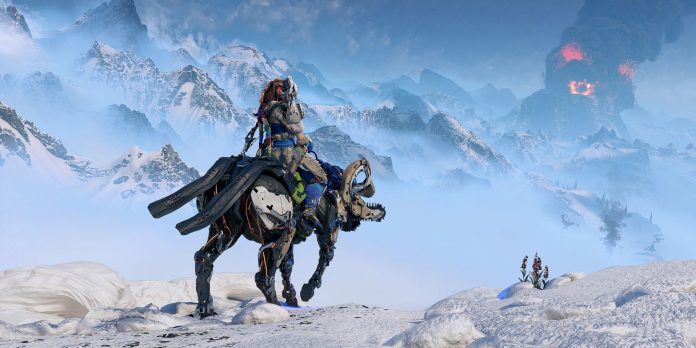The recent SAG-AFTRA video game actors’ strike has been going on for quite some time now, and it’s great to see it finally come to an end, according to a recent release, with a vote of over 95% in favor of ending the arrangement.
But with the end of the strike, a few important things have become clear. Not only are there notable improvements for video game actors in terms of AI and wages, but this strike has also set a significant precedent going forward: that video game actors have defenses against exploitation.
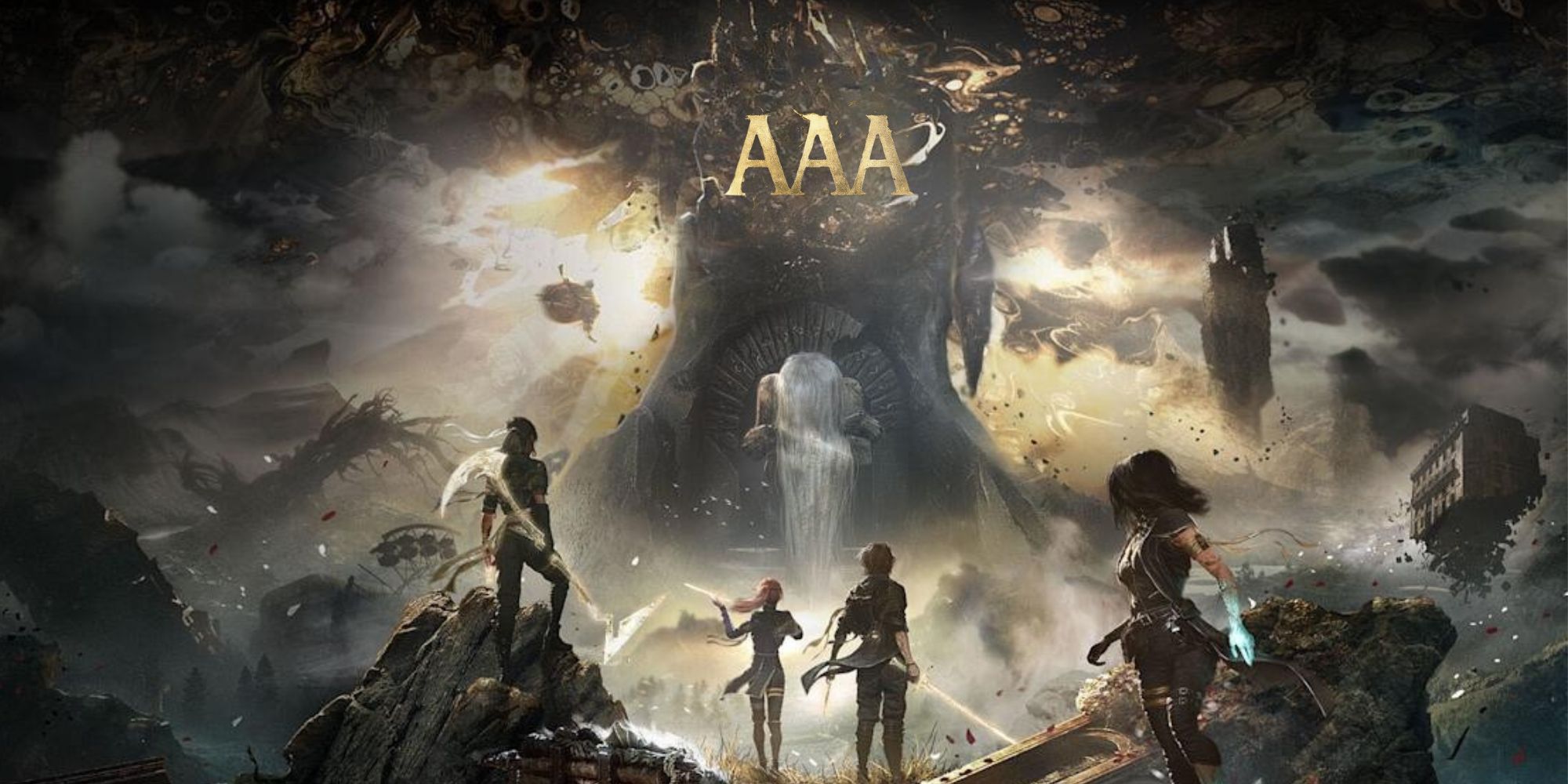
Related
The AA Industry Isn’t Dying, It’s Thriving
The AAA industry wants you to believe that AA is extinct, but it’s alive and well.
However, for the everyday gamer who plays a few games after work or during their free time, it may be challenging to understand what all of this means. After all, the gaming industry has continued at full force over the last few months, regardless of any underlying strike.
The truth is, while this may not be the most noticeable shift, it describes a change in the landscape that’ll impact the future of video game production. Although we may not see the impacts just yet, they’ll definitely be felt in the coming years.
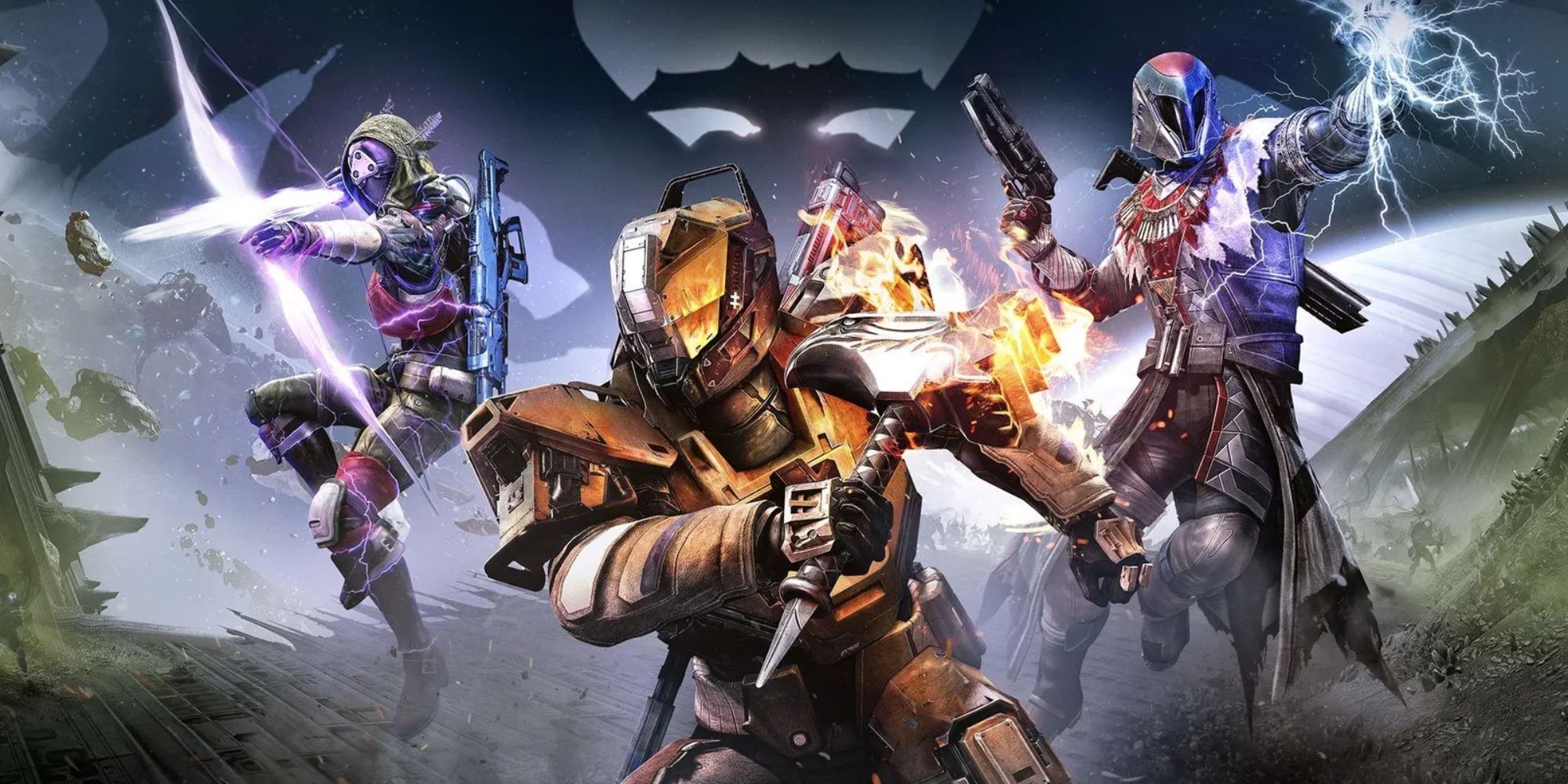
The first thing that’s important to remember about strikes is that actors weren’t simply barred from working altogether. An example is the gaming studio Lightspeed L.A., which accepted an Interim Interactive Media Agreement to continue working full force.
However, dozens of games had small agreements to continue working, but these were contingent upon specific rules and regulations. An example from another industry is the recent remake of Lilo & Stitch, where actors were unable to improvise due to the strikes.
One of the most visible concessions you can see is in games like Destiny 2’s recent expansion. In this expansion, several voice lines are missing, with subtitles being used as a quick and easy replacement.
Additionally, it was reported that games, including two recent titles from Hideo Kojima, had to be delayed due to the strike. There’s a good chance that significant delays have occurred in multiple other upcoming projects, so we’ll likely still feel the effects of this strike in the years to come.
Thankfully, the one big support for voice actors in the next few months is going to be “an immediate 15.17% increase in compensation,” along with a further 3% annual increase for the next three years.
Although the safeguards and instilled regulations are big talking points regarding this strike, at least the baseline is that video game voice actors, who are often underpaid and underappreciated, will finally have some additional compensation for their work.
An Agreement For AI
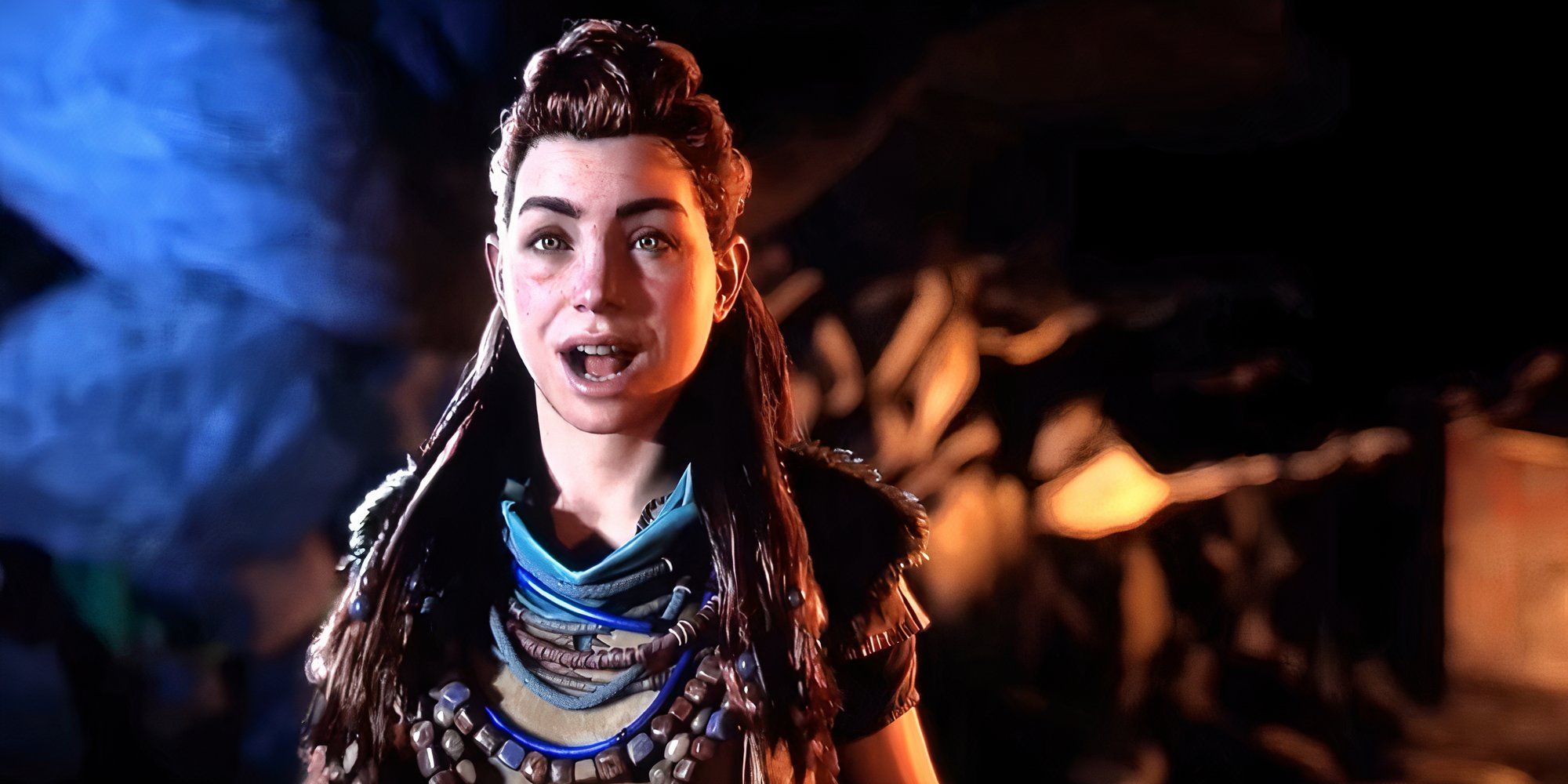
The one substantial element that delayed any progression of an agreement for a few months was the contingency on AI usage for voice actors. As made clear in a prior statement by SAG-AFTRA, it is the debate around AI regulations and safeguards that makes video game actors more exposed than any other type of actor.
The idea of jobs being in danger of being replaced by AI has become a shapeless entity at this point. In almost every industry and job you can think of, there is a fear of AI that will seemingly take over the world. However, this is far from what’s actually happening regarding these regulations – it’s not just an unknown fear.
Voice actors are simply stating that they don’t want AI to take over their role unrightfully. AI is expected to be used extensively throughout the gaming industry in the next few years, no matter what voice actors think. However, what actors are worried about is their voice and likeness being illegally stolen, used to train an AI without their permission.
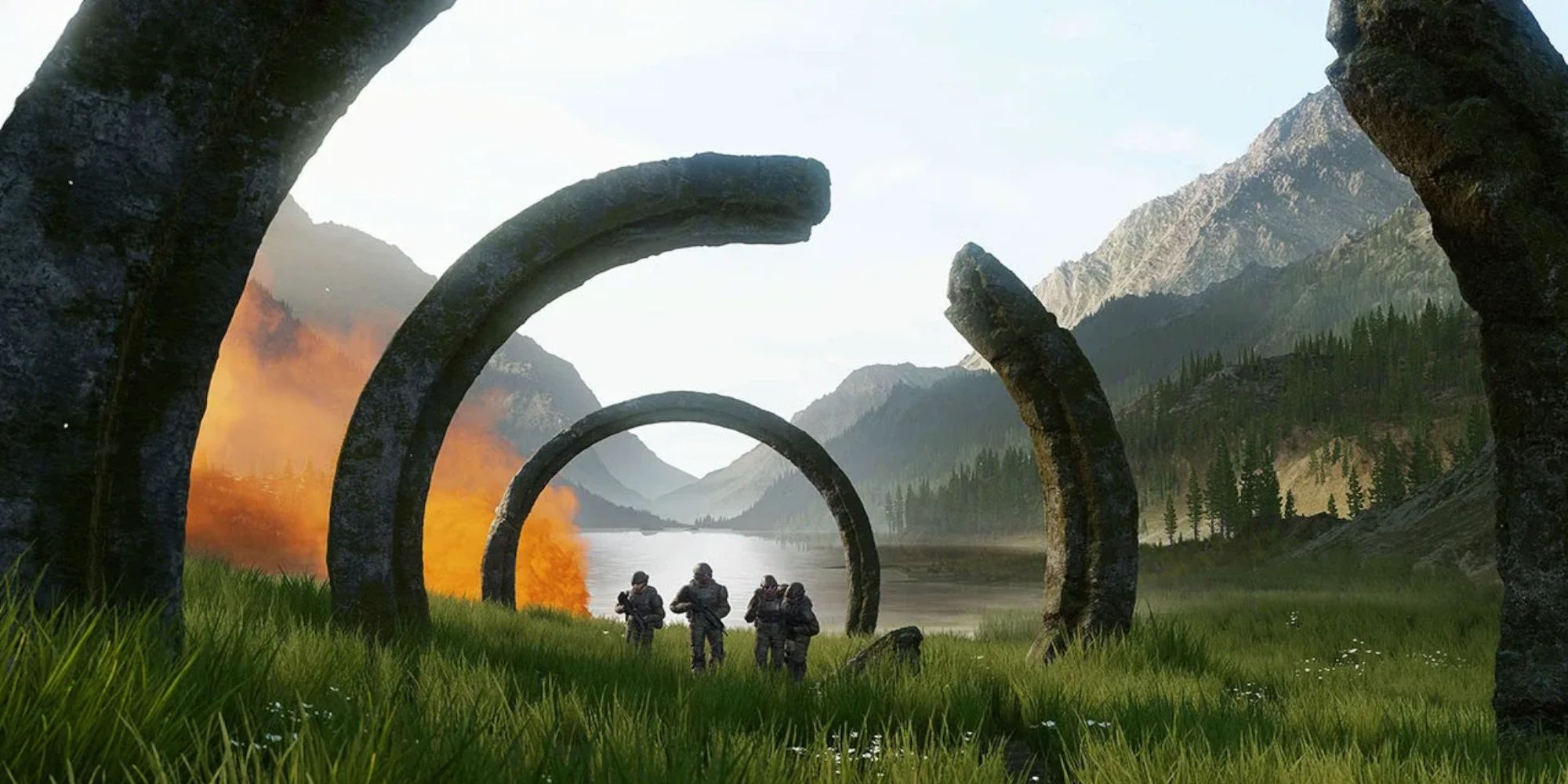
Related
Microsoft Is “Trying Their Damnest” To Replace Halo Devs With AI
Halo Studios devs aren’t happy wth the current project’s state.
A great example is the Sony prototype of Aloy from the Horizon series. However, the wrongdoing here isn’t that they created an AI; it’s that game companies can hold “alarming loopholes” that may potentially allow them to strip actors of their talents and contributions without any notice or agreement.
In SAG-AFTRA’s recent statement, they explain that the agreement “establishes foundational guardrails around A.I., including informed consent requirements across various A.I. uses.” Therefore, in the future, AI actors may well be the future of gaming, but their implementation won’t occur without the informed consent of their proprietors.
And that’s what this whole agreement comes down to. For you and me, it may not seem like a big deal, but imagine if your likeness were stolen to create an AI copy of yourself, and that copy went on to make a company millions of dollars, only to have you be underpaid for your work.
And now that this is over, there are better pay percentages, projects will continue underway, and most importantly, gaming companies now have a reason to think twice before doing anything unethical towards actors and consumers.
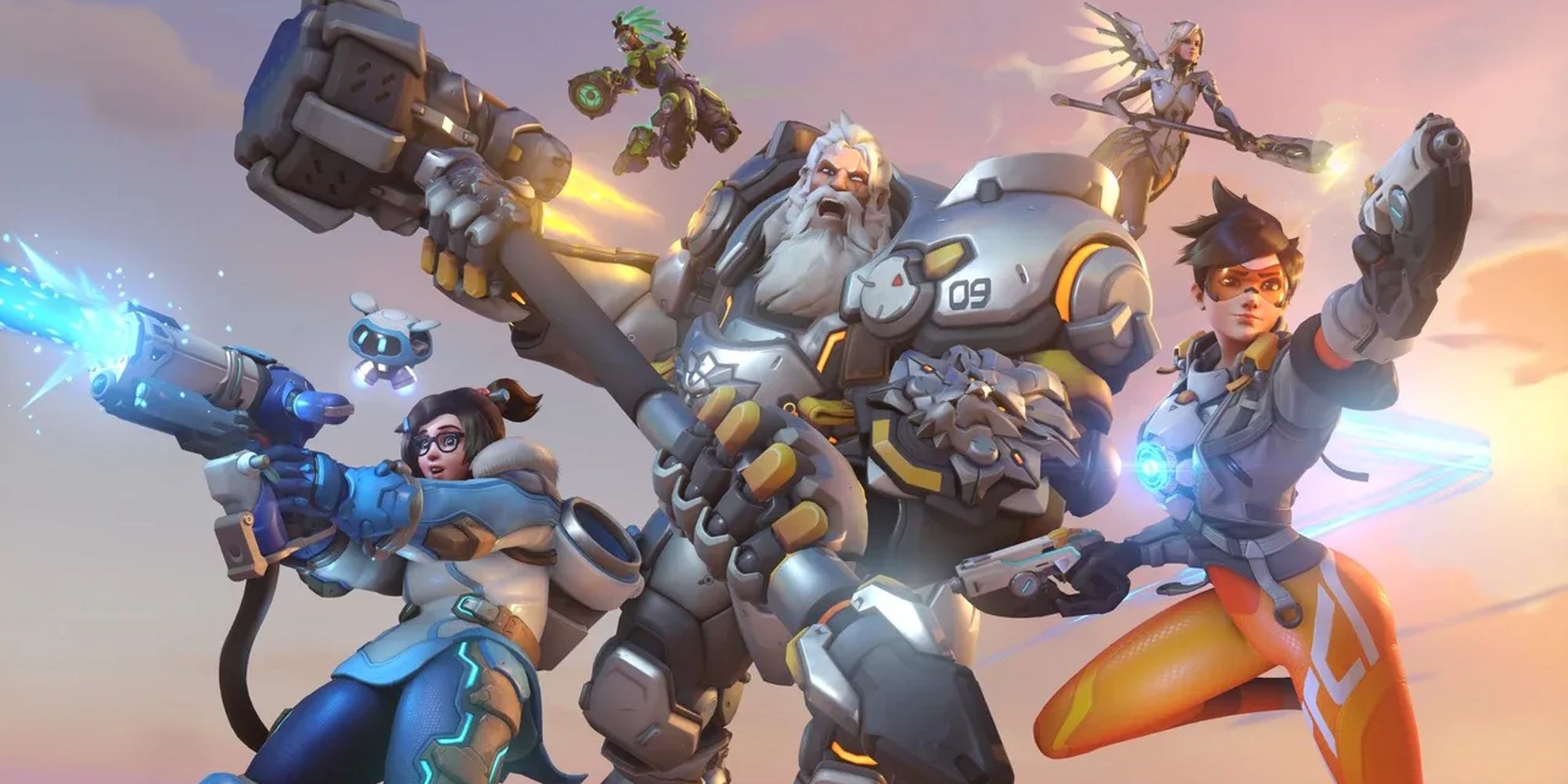
Next
The Overwatch Devs At Activision Blizzard Have Unionized — Here’s What That Means
Under the threat of layoffs and hostile work environments, Overwatch’s developers have formed their own union.
